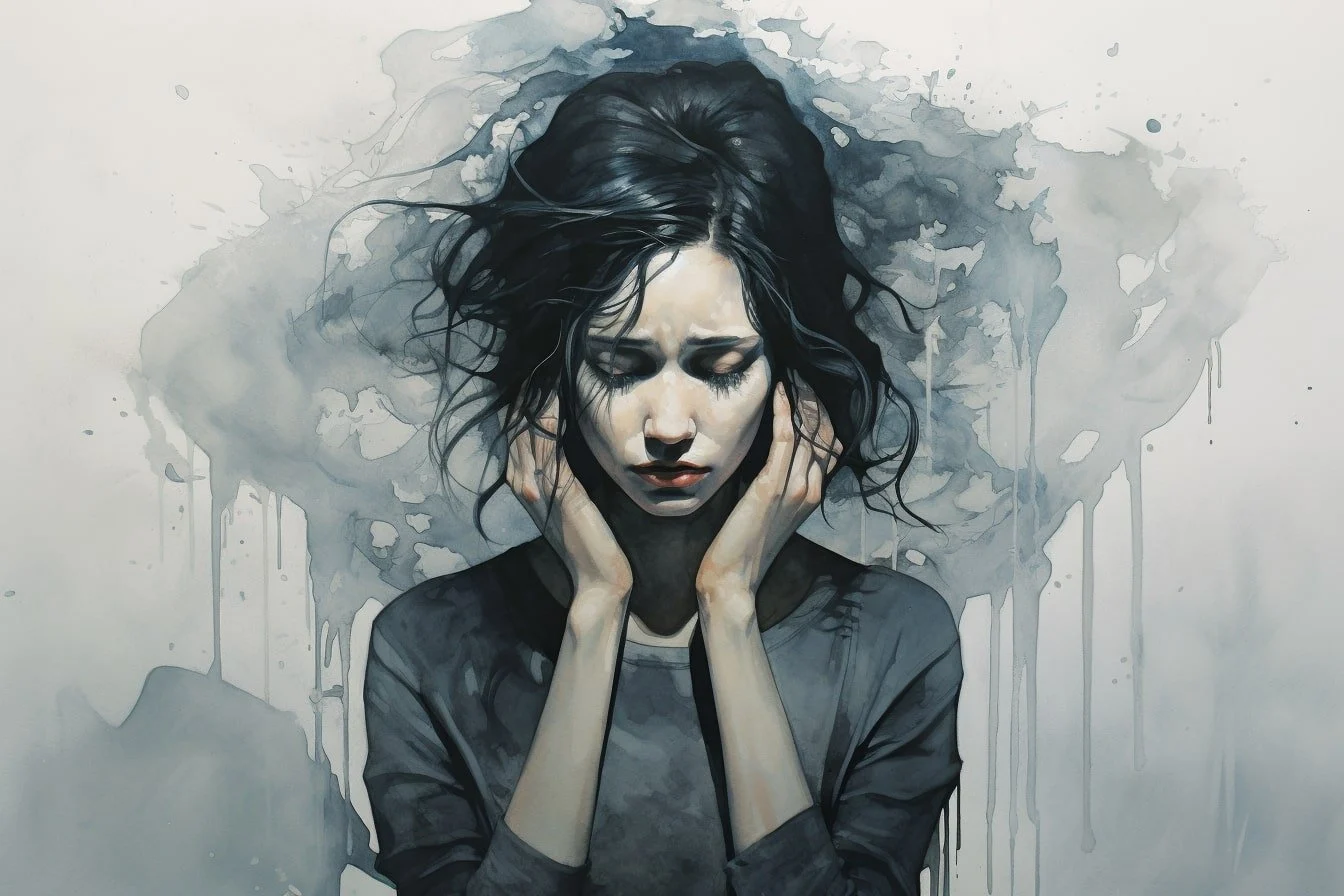Depression Treatment and Management?

What is Depression?
A prolonged sense of melancholy and a loss of interest in things and activities you used to enjoy are symptoms of the mood disorder depression. It may also make it difficult to eat, sleep, remember things, or think clearly.
It’s acceptable to experience sadness or mourning about trying circumstances in life, including losing your job or getting divorced. However, depression differs in that it contains more symptoms than just sorrow and lasts almost every day for at least two weeks.
Depressive disorders come in various forms. Major depressive illness, often known as clinical depression, is sometimes referred to as “depression.” This kind of despair is the worst.
In the absence of therapy, depression may worsen and persist longer. In extreme situations, it may result in self-harm or even death.
What signs of depression are present?
Depending on the kind, depression symptoms might differ slightly and range from moderate to severe. Generally speaking, symptoms consist of:
- Feeling very sad, hopeless or worried. Children and adolescents with depression may be irritable rather than sad.
- Not enjoying things that used to bring joy.
- Being easily irritated or frustrated.
- Eating too much or too little, which may result in weight gain or weight loss.
- Trouble sleeping (insomnia) or sleeping too much (hypersomnia).
- Having low energy or fatigue.
- Having a difficult time concentrating, making decisions or remembering things.
- Experiencing physical issues like headache, stomachache or sexual dysfunction.
- Having thoughts of self-harm or suicide.

Causes
What causes depression?
Researchers don’t know the exact cause of depression. They think that several factors contribute to its development, including:
- Brain chemistry: An imbalance of neurotransmitters, including serotonin and dopamine, contributes to the development of depression.
- Genetics: If you have a first-degree relative (biological parent or sibling) with depression, you’re about three times as likely to develop the condition as the general population. However, you can have depression without a family history of it.
- Stressful life events: Difficult experiences, such as the death of a loved one, trauma, divorce, isolation and lack of support, can trigger depression.
- Medical conditions: Chronic pain and chronic conditions like diabetes can lead to depression.
- Medication: Some medications can cause depression as a side effect. Substance use, including alcohol, can also cause depression or make it worse.

Management and Treatment
How is the treatment of depression administered?
One of the most easily treated mental health issues is depression. Eighty to ninety percent of depressed individuals who seek treatment eventually get well.
- Psychotherapy: Psychotherapy (talk therapy) involves talking with a mental health professional. Your therapist helps you identify and change unhealthy emotions, thoughts and behaviors. There are many types of psychotherapy — cognitive behavioral therapy (CBT) is the most common. Sometimes, brief therapy is all you need. Other people continue therapy for several months or years.
- Medication: Prescription medicine called antidepressants can help change the brain chemistry that causes depression. There are several different types of antidepressants, and it may take time to figure out the one that’s best for you. Some antidepressants have side effects, which often improve with time. If they don’t, talk to your healthcare provider. A different medication may work better for you.
- Complementary medicine: This involves treatments you may receive along with traditional Western medicine. People with mild depression or ongoing symptoms can improve their well-being with therapies such as acupuncture, massage, hypnosis and biofeedback.
- Brain stimulation therapy: Brain stimulation therapy can help people who have severe depression or depression with psychosis. Types of brain stimulation therapy include electroconvulsive therapy (ECT), transcranial magnetic stimulation (TMS) and vagus nerve stimulation (VNS).
There are also things you can do at home to help improve depression symptoms, including:
- Getting regular exercise.
- Getting quality sleep (not too little or too much).
- Eating a healthy diet.
- Avoiding alcohol, which is a depressant.
- Spending time with people you care about.
Prevention
Can I prevent depression?
You can’t always prevent depression, but you can help reduce your risk by:
- Maintaining a healthy sleep routine.
- Managing stress with healthy coping mechanisms.
- Practicing regular self-care activities such as exercise, meditation and yoga.
If you’ve had depression before, you may be more likely to experience it again. If you have depression symptoms, get help as soon as possible.







0 Comments